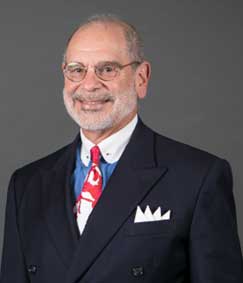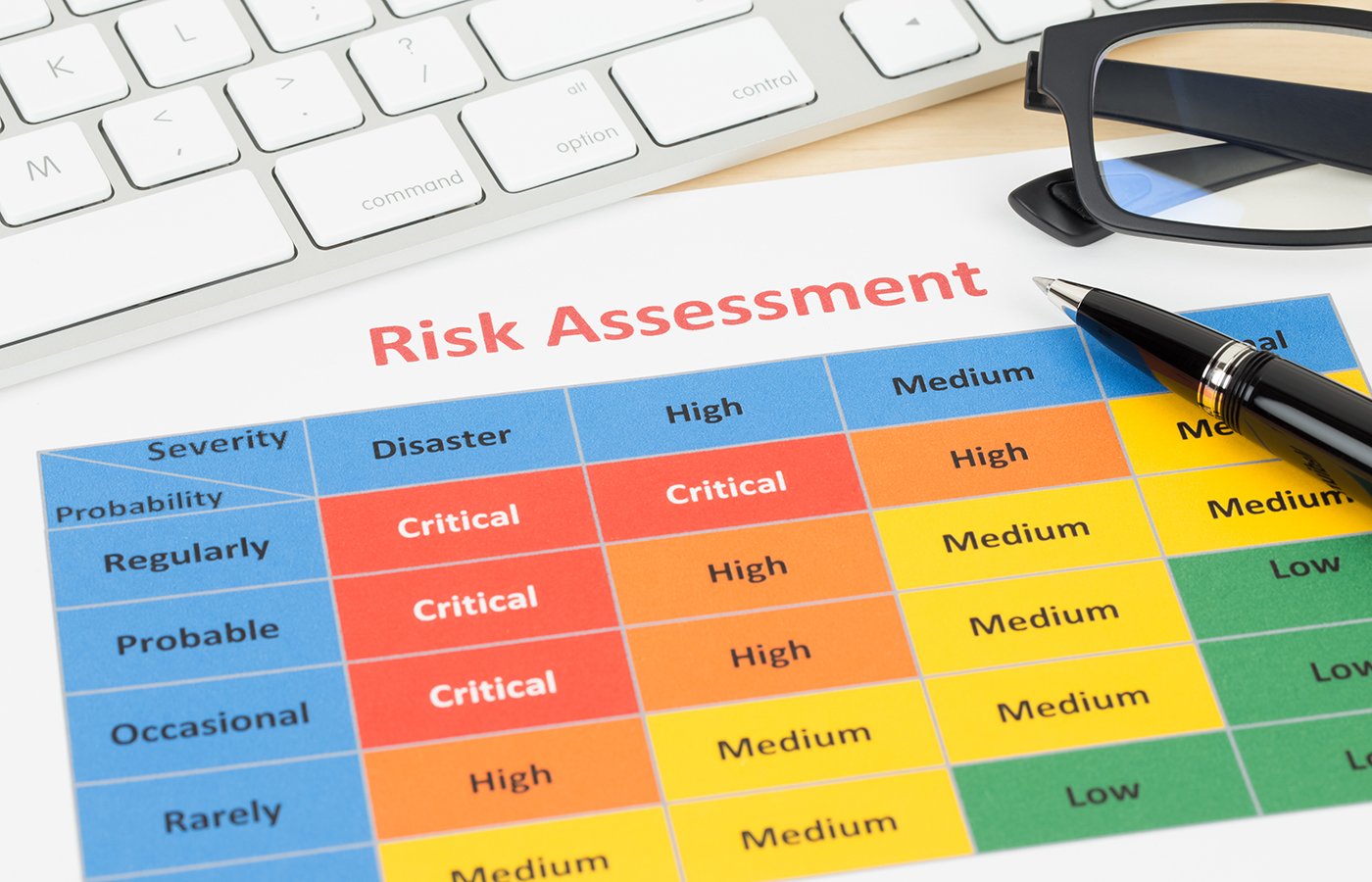Disruptive Technologies
Friday, January 17, 2020
By Ted Knutson
Speaking in March 2019 at a conference in Washington, Thomas Vartanian said technologies like artificial intelligence and big data would inevitably attract regulatory intervention. The longtime financial industry lawyer and executive director of the then-new Program on Financial Regulation and Technology at George Mason University's Antonin Scalia Law School warned that if not well calibrated, such oversight could hinder innovation and possibly even cause an economic crisis.
Today, Vartanian is calling for concerted, proactive government involvement: He advocates formation of a national commission to study the “unknowns” of technologies, particularly AI and quantum computing, that could cause vulnerabilities in the financial system.
Numerous explorations of the technological frontiers and unintended consequences have been undertaken by the likes of the Future of Humanity Institute at University of Oxford, the Centre for the Study of Existential Risk at Cambridge, U.K., and Boston Global Forum-AI World Society.
Vartanian, a former savings and loan regulatory official who from 1983 to 2018 chaired the financial institutions practices of the Fried Frank and Dechert law firms, believes that the advanced technology warrants attention specifically as a major emerging financial-sector risk.
One alarming scenario is “what AI can do in the hands of a rogue nation.” Even worse might be the prospect of artificial general intelligence, which, though still mainly in the realm of science fiction, raises the specter of “unleashing computers to think for themselves and reason toward their own decisions, even if they are inconsistent with human needs,” says Vartanian, who has closely watched financial technology developments for decades and served as chairman of the American Bar Association's Cyberspace Law Committee.
“Private and public sector experts are working to deter and respond to cataclysmic military warfare conducted by lethal autonomous weapons,” Vartanian wrote in an American Banker article last October. “The same risk exists in the country's economic infrastructure as technology increasingly becomes the weapon of choice to make the world more financially insecure.”
High-Level Inquiry
He proposes that a National Financial Technology Commission be appointed by the President, bringing together leading thinkers in technology, business, military and intelligence, academia and government, to design and implement defenses to protect the country's economic infrastructure from technological threats.

“Defense of the critical financial infrastructure of America shockingly does not exist today against these exposures,” Vartanian says in an interview. “The hidden risk to the financial system with technology is that it is easier to focus on innovation than on the threats.”
A somewhat different, official think-tank approach on financial technology was suggested in late 2016 by Allan Grody, a former senior Coopers & Lybrand consultant who is president of New York-based Financial InterGroup. He proposed in an open letter to the incoming Trump administration's transition team formation of an executive-level Office of Financial and Regulatory Technology as “a center of research and innovation to build links between evolving technologies and new regulations” and promote “more effective, leaner and transparent oversight in a digitized regulatory environment with less regulation and fewer regulators.” He cited as a precedent the U.S. Department of Defense's Advanced Research Projects Agency, which laid technical groundwork for what later became the internet.
Spreading the Word
How is George Mason law professor Vartanian lobbying for his idea?
He has met with contacts in the White House, Treasury and federal banking agencies to discuss his concerns and the need for action. He thinks his commission proposal has gotten people's attention, but concedes, “these folks have a ton on their plates already.”
It is not a complete vacuum. Vartanian notes that since the late 1990s there have been a series of executive orders and other measures, not least the Patriot Act of 2001, that have bolstered critical-infrastructure protections and cybersecurity. But various reports and assessments have not kept pace because of an over-emphasis on “physical rather than tech attacks and have failed to produce significant action no matter how terrific they were . . . There is no defensive system in place today to protect the critical financial infrastructure in the country,” he asserts.
In early January, coinciding with the Consumer Electronics Show in Las Vegas, the Trump administration proposed regulatory principles relying on risk assessments and cost-benefit analyses to encourage “flexible frameworks rather than one-size-fits-all regulation” of AI, Reuters reported. It also stressed “trustworthy” qualities including non-discrimination, transparency, safety and security.
Vartanian says there is no doubt that technology will make our financial lives better and more prosperous through social, economic and business innovation and efficiencies. But the safety and integrity of finance and commerce have to be assured.
Securing Quantum
Like artificial general intelligence, the great leap in quantum computing power is some years away. It promises to make obsolete “current financial security systems built around current cryptographic, digital signature and blockchain technologies,” Vartanian says, adding that the best way to safeguard it is to get quantum computing first. One effort to promote U.S. leadership in this field was launched in 2018 by the National Institute of Standards and Technology.
The recent White House statement on AI regulation said the U.S. and allied governments should avoid “heavy handed innovation-killing models,” and “the best way to counter authoritarian uses of AI is to make sure America and our international partners remain the global hubs of innovation.”
“China is reportedly building a system of algorithmic governance using AI, facial recognition and cell phone tracking that will control social behavior and be exported to effectively lock in totalitarianism,” Vartanian notes.
Nation-states and big technology companies are putting significant resources into the quantum computing arms race. Vartanian is wary of a historical pattern repeating - wherein a technology falls to a price point at which it becomes within reach of terrorists and other bad actors.
CECL Critique
Vartanian looks critically at another issue having a widespread impact on U.S. financial companies: the Current Expected Credit Loss accounting standard.
“CECL overstates credit risk because it is looking at future losses today on a basis less tied to current balance sheet experience,” he states. “It emphasizes booking losses over a longer period of time and under-emphasizes the booking of income.”
He and former Federal Deposit Insurance Corp. chairman William Isaac have jointly complained that the Financial Accounting Standards Board has promulgated the rule without the accountability that governs the federal regulatory agencies that will have to enforce it.
The critics have joined in some industry groups' calls for a pause and reevaluation of CECL. The FASB has not backed down, granting only selective flexibility from the implementation schedule now in effect.
Jeffrey Kutler of GARP edited this article and contributed additional reporting.
•Bylaws •Code of Conduct •Privacy Notice •Terms of Use © 2024 Global Association of Risk Professionals




